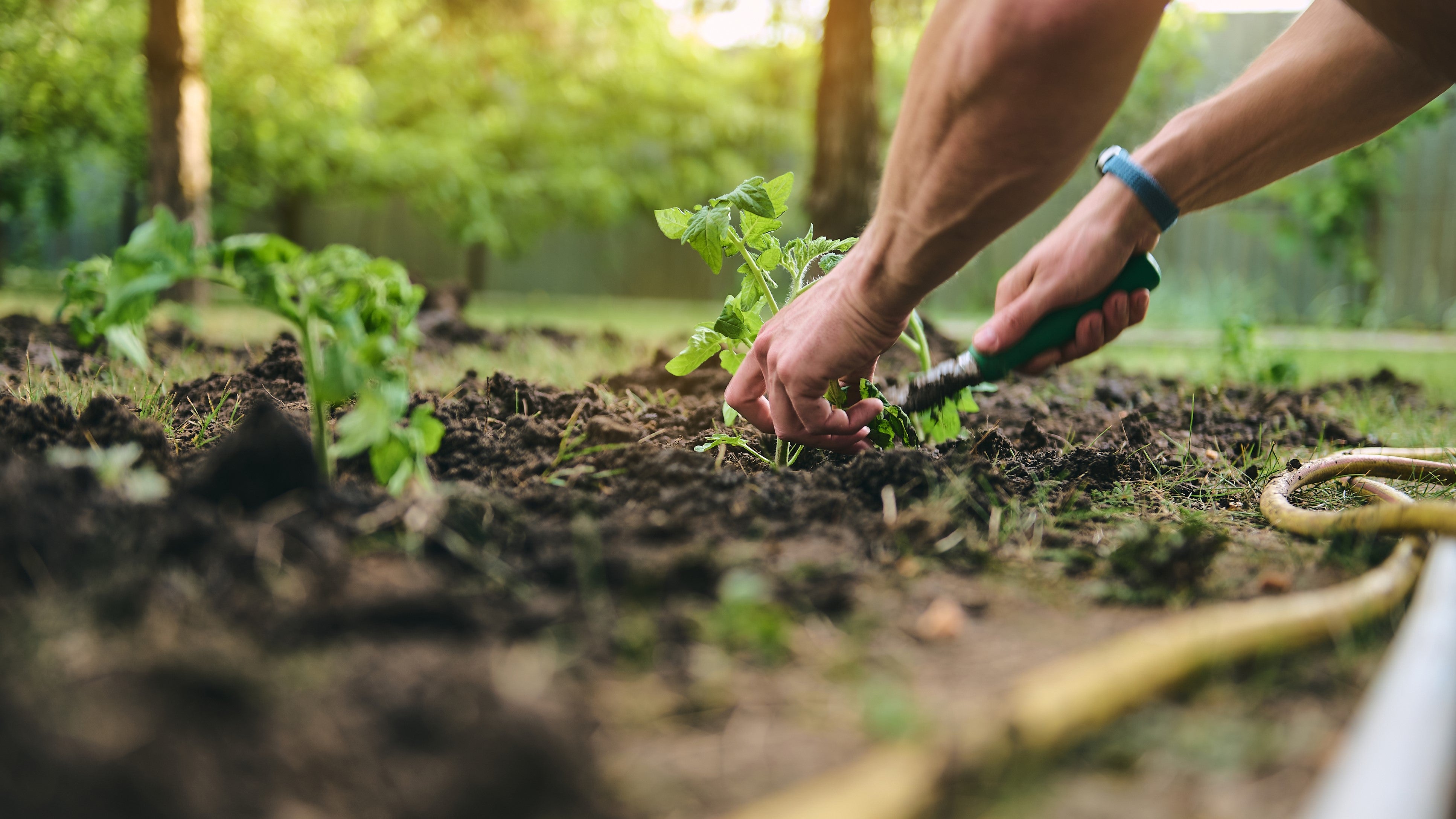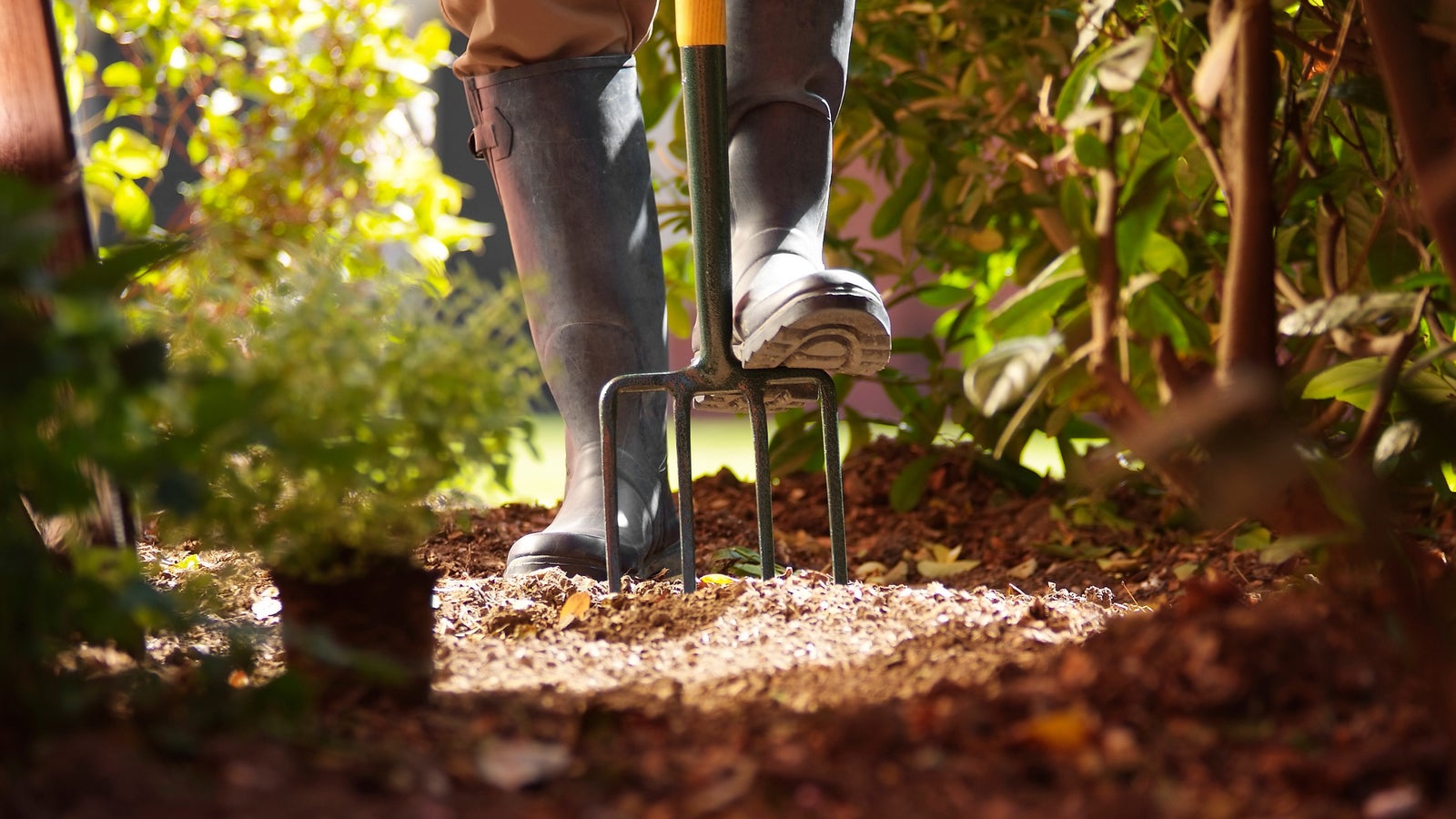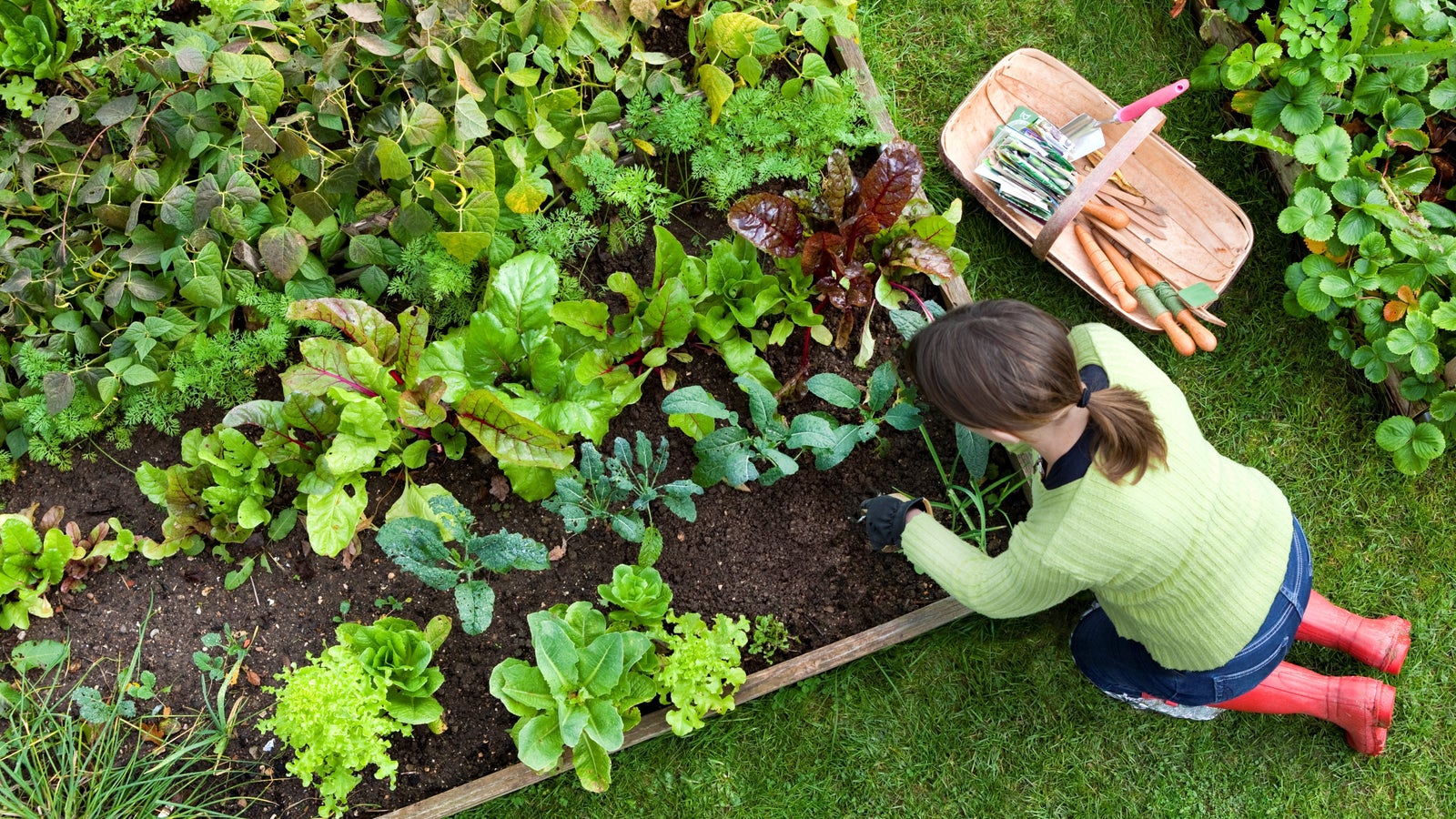
Entering the World of Growing Organic
05 Sep, 2023
Healthy Soil
The best place to start your organic journey is by nurturing your garden's vibrant ecosystem: the soil! A teaspoon of healthy garden soil can be home to a billion beneficial bacteria, thousands of protozoa, and endless fungal strands. There are loads of benefits of having a dynamic ecosystem in your garden, from improved plant nutrition and increased moisture retention, to resilience against pests and diseases. Enrich your soil by adding organic matter such as Kings Compost and Sheep Pellets, which will provide more food for your plants and the beneficial microbes beneath.
Worm Farms
Worm farms work wonders, turning food scraps into nutrient-rich vermicast - a highly nutritious treat for your soil and plants. Dilute vermicast liquid at a ratio of 1:10 and use it to feed your veggies and fruit trees. Lightly fork in the vermicast solids when preparing your garden beds for another nutrient-packed boost of goodness.
Trichoderma and Rootmate
Protect your plants from soil-borne diseases with the help of beneficial Trichoderma, found in Aquaticus Organic Garden Booster and Plantmate. Trichoderma is a fungus that colonises around plant roots, stimulating growth and preventing root rot issues.
Thirsty Plants and Mulch
Nourish your garden beds with regular watering and mulching through the warmer months to ensure your plants and the beneficial microbes in your soil thrive. When mulching, make sure to leave a ‘crater’ around the tree so the mulch is not touching the stem. If there are water restrictions in place, reuse water mindfully from the kitchen and bathroom, using eco-friendly soap.
Pest Insects
Prevention is the key to warding off pest insects and maintaining a healthy organic garden. Protect veggies from birds and insects with bug netting. Try planting sacrificial crops and beneficial insect plants such as hyssop, borage and echinacea which will encourage pests to eat them, instead of your desired plants.
Combat pest insects safely with organic sprays like Bugtrol and Bioneem, which only affect pest insects when sprayed directly on them. Always spray in the evening, and never spray on bee-friendly plants when they are in flower.
Compost
Fresh compost filled with beneficial microbes is another way to give your garden a boost. If space allows, place your compost bin on the garden beds to let nutrients seep into the soil naturally.
Short on space? Opt for a bokashi bin under your sink. This mini compost bin doesn’t smell, and when using 'Bokashi Zing Compost’ leftovers will decompose four times faster, plus, the liquid can be used to feed your plants!
Weeding
Weeds can be managed by prevention, organic spray methods, or physical efforts. Regular weeding in the veggie patch is essential to stay ahead. Use Japanese Niwashi tools or a grubber to make removing weeds easier, and don’t forget to pull out the roots as well as the leaves!
Some weeds can be removed with organic weed killers. Try Nature’s Way Weedkiller, an organic herbicide that uses fatty acids to kill the tops of weeds and weaken the root system underneath.

